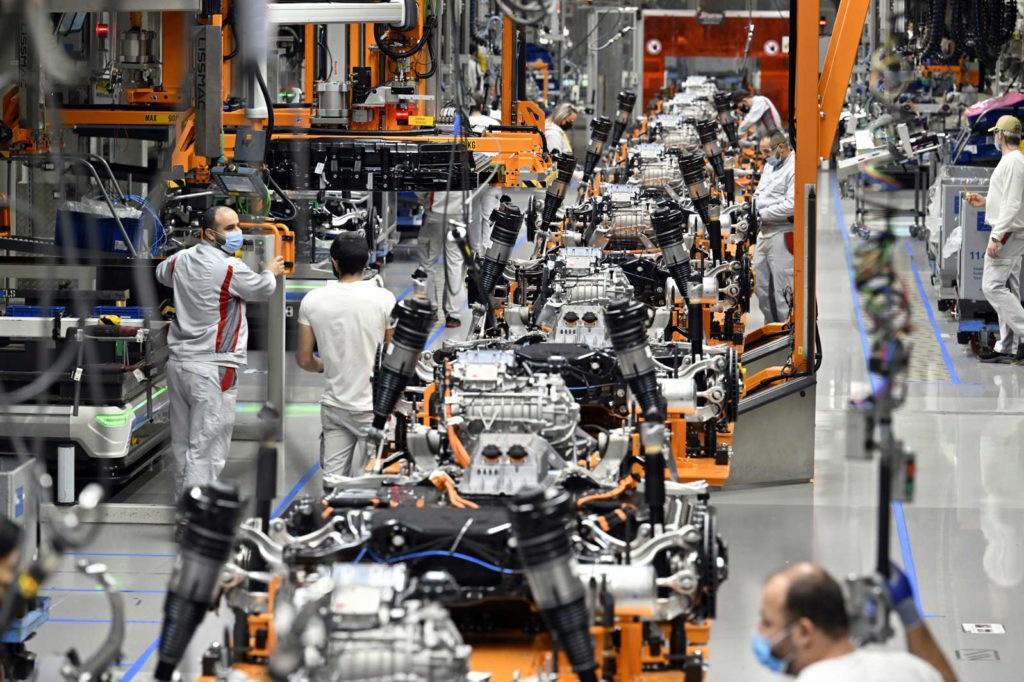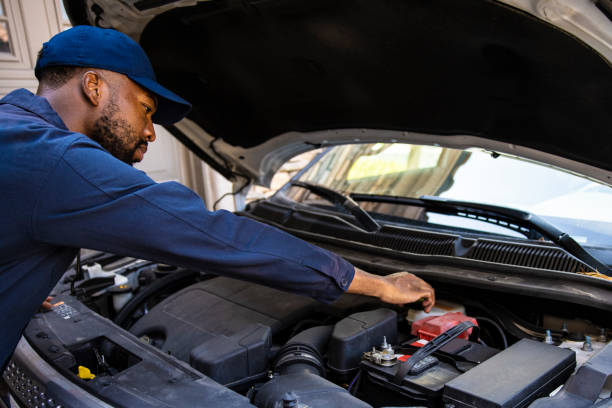South Africa, long recognized as Africa’s automotive manufacturing powerhouse, is taking significant strides toward a greener future. The nation’s automotive industry, which has traditionally been centered around internal combustion engine vehicles, is now poised to embark on a transformative journey. By 2026, South Africa plans to produce its first electric vehicles, marking a shift in its automotive landscape.
This ambitious move is not just about keeping pace with global trends but also about securing the future of the country’s automotive sector. With major markets like the European Union and the United Kingdom planning to ban the sale of new ICE vehicles by 2035, South Africa’s export-driven automotive industry faces a pressing need to adapt. The government’s proactive approach aims to ensure that the nation remains a competitive player in the global automotive arena.
Central to South Africa’s EV ambitions is the government’s comprehensive strategy outlined in the Electric Vehicle White Paper released in 2023. The plan emphasizes the importance of transitioning from ICE vehicles to new energy vehicles, including hybrids and EVs, by 2035. To support this transition, the government has committed to significant investments and policy reforms.
In March 2025, the National Treasury announced a R1 billion investment to support the local production of EVs, batteries, and related manufacturing projects. This initiative aims to encourage original equipment manufacturers (OEMs) such as Toyota, Ford, Isuzu, Volkswagen, and Mercedes to invest in EV production within South Africa. The government anticipates that this incentive will attract an additional R30 billion in private sector investment .

The response from South Africa’s automotive industry has been cautiously optimistic. Minister of Trade, Industry, and Competition, Ebrahim Patel, has indicated that the first EVs are likely to be produced as early as 2026, albeit in limited numbers. He anticipates a sharp growth in EV production between 2026 and 2030, with at least one manufacturer planning to move into full-scale EV production shortly after 2030, depending on market conditions .
This gradual ramp-up reflects the industry’s need to adapt to new technologies, retrain the workforce, and establish the necessary infrastructure. While the initial production volumes may be modest, the industry’s long-term commitment to EVs is evident. Major automakers are already investing in research and development to create EV models tailored to the South African market, considering factors like affordability, range, and suitability for local driving conditions.
South Africa’s plan to roll out its first electric vehicles in 2026 marks a significant step toward a sustainable and competitive automotive industry. While challenges remain, the government’s strategic investments, industry collaboration, and commitment to infrastructure development position South Africa to lead the way in Africa’s green mobility revolution. The coming years will be crucial in determining how effectively the country can transition to a low-carbon economy and secure its place in the global EV market.




